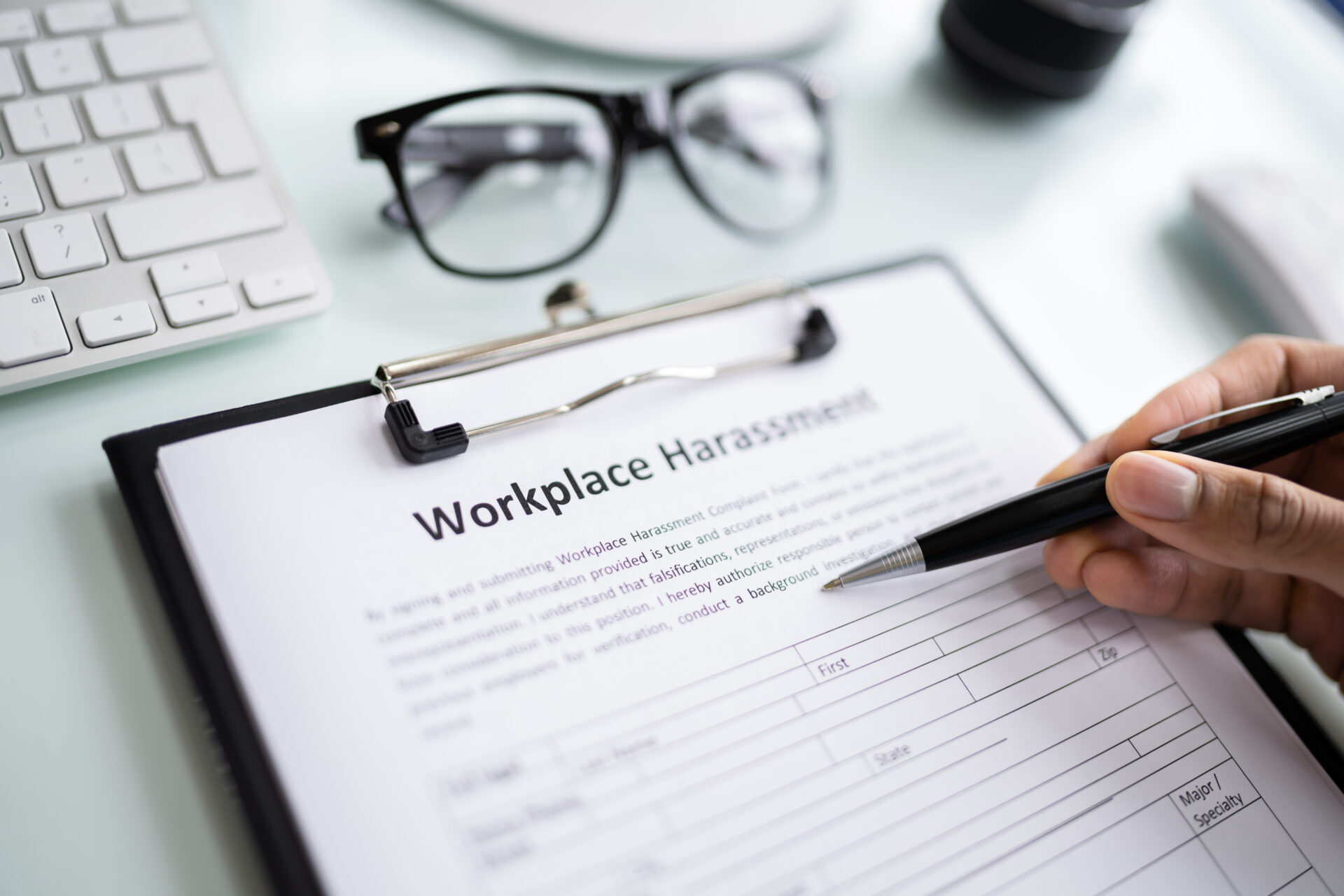Nearly half of UK professionals say they are not fully confident their employer can prevent workplace sexual harassment, according to research by compliance eLearning provider VinciWorks.
The findings raise concerns that many organisations are unprepared for stricter legal duties under the forthcoming Employment Rights Act.
The survey of 243 HR and compliance professionals found that 49% of employees doubt their employer’s ability to prevent harassment, while more than one in five (21%) said their organisation provides no sexual harassment training at all.
Even among those who do receive training, 26% rated it as merely “okay” or “not good.”
Fewer than half of respondents described their company’s anti-harassment training as “good” or “excellent,” and just 13% gave it the highest rating.
Nick Henderson-Mayo, head of compliance at VinciWorks, said: “The Worker Protection Act introduced a proactive duty on all employers to prevent sexual harassment.
“Under the upcoming Employment Rights Act, organisations will need to go further and ensure they put in place all reasonable steps to prevent harassment, including specific policies and dedicated training.”
The study also found that bystander intervention training remains uncommon in UK workplaces.
Only 16% of professionals said their employer includes this type of training in its regular cycle, while 43% said their organisation is interested in introducing it.
Henderson-Mayo said: “Bystander intervention training can form an effective procedure to prevent harassment. Changing culture starts with empowering staff to intervene when they witness inappropriate behaviour.
“When staff are empowered to step in and stop harassment in its tracks, it can be a powerful way to change culture. Firms can’t monitor every inch of a workplace, but they can encourage and train staff to stand up to inappropriate behaviour.”
While most employers plan to strengthen their approach, not all are taking action.
More than four in five respondents (84%) said their organisation intends to do more to prevent sexual harassment, with 27% expecting to do “a great deal more.”
However, 10% said their company has no plans to make any changes despite the new requirements.
Henderson-Mayo warned: “The Worker Protection Act was a start, but the Employment Rights Act goes much further, and all organisations will have new steps to take. Tribunals and the new Fair Work Agency will expect documented policies, regular training, and active risk assessments.”
The survey revealed significant gaps between large and small businesses.
More than a quarter (26%) of small and medium enterprises (SMEs) said they offer no sexual harassment training, compared with 15% of larger firms.
Only 9% of SMEs currently provide regular bystander intervention training, compared with 25% of large employers.
Sector differences were also evident, with no respondents in manufacturing reporting that their organisation offers any bystander training.
In financial services, a third said their firm provides no sexual harassment training despite forthcoming FCA rules on non-financial misconduct.
Under the new legislation, employers will be required to take “all reasonable steps” to prevent sexual harassment, including by third parties such as customers and clients.
The Employment Rights Act will also establish a Fair Work Agency with powers to investigate employers and issue fines for non-compliance.
Henderson-Mayo concluded: “Policies buried in handbooks carry little weight. Employers must prove managers and staff are trained on and actively using them.
“Sexual harassment prevention is a legal duty that is becoming stronger.
“Failing to act could land companies in the same situation as Lidl or McDonald’s, where their harassment procedures are under close monitoring from the Equality and Human Rights Commission.”

















